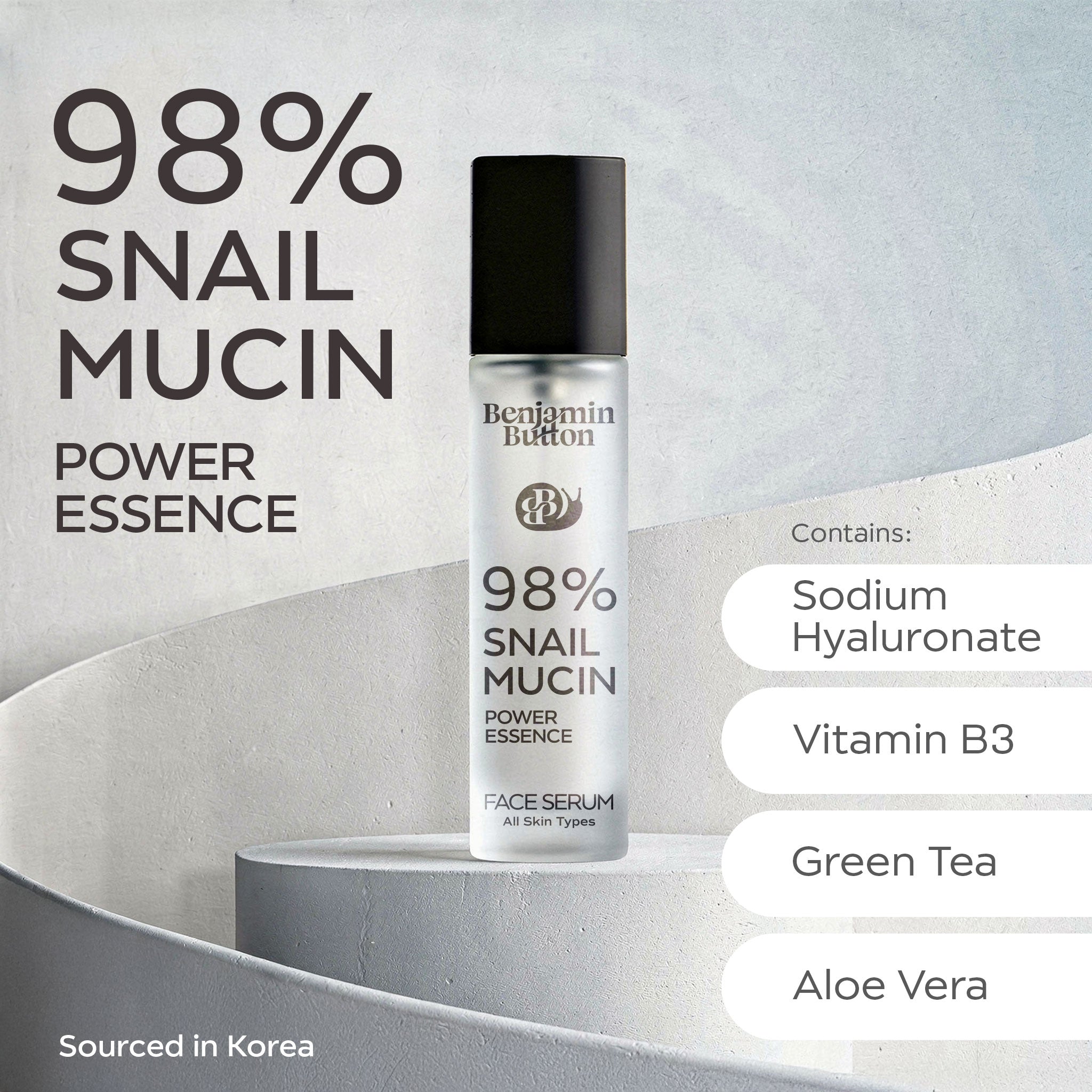Understanding Benzoyl Peroxide and Body Odour
Benzoyl peroxide has long been celebrated for its efficacy in treating acne. However, there has been growing interest in its potential role in combatting body odour. Body odour, primarily caused by the breakdown of sweat by bacteria on the skin, can be an embarrassing and persistent issue for many. Could benzoyl peroxide provide a solution? Let’s dive deeper into how it works and its potential benefits.How Benzoyl Peroxide Works
Benzoyl peroxide is an antibacterial and antifungal agent that functions by exterminating the bacteria responsible for acne and, by extension, could be expected to have a similar effect on odour-causing bacteria. Here’s a closer look at its mechanism:- Oxidative Action: Benzoyl peroxide introduces oxygen into the environment, creating a hostile environment for anaerobic bacteria, which thrive in the absence of oxygen. Because most body odour is generated by these bacteria, the reduction of their presence may directly impact odour levels.
- Increased Skin Turnover: The application of benzoyl peroxide can accelerate skin cell turnover, which may help to remove old, dead skin and reduce the build-up of odour-causing bacteria.
- Antimicrobial Properties: Its proven antimicrobial properties make it effective against various bacteria, helping to reduce overall bacterial populations on the skin.
Why Body Odour Occurs
To fully appreciate benzoyl peroxide’s potential efficacy, it’s vital to understand the origins of body odour. Several factors contribute to this condition:- Diet: Certain foods like garlic, onions, and spicy dishes can influence the odour of sweat.
- Hormones: Hormonal changes during puberty, menstruation, or stress can increase sweat production and subsequently lead to more pronounced odour.
- Genetics: Some individuals may have a genetic predisposition that affects the way body odour manifests.
- Hygiene Habits: Poor hygiene or irregular bathing can lead to the build-up of bacteria and increase odour.
The Role of Benzoyl Peroxide in Reducing Body Odour
While benzoyl peroxide is renowned for its skin-clearing properties, its role in managing body odour brings a fresh perspective. Here’s how it stands out:- Dual Action: Not only does it target acne, but it has the potential to address body odour, making it a versatile addition to your skincare routine.
- Long-lasting Effects: Many users report that products containing benzoyl peroxide help in keeping the skin clearer for an extended period, leading to potentially longer-lasting odour control.
- Prevention Over Correction: By focusing on bacteria that contribute to odour, it might help prevent the formation of body odour rather than simply masking it.
How to Use Benzoyl Peroxide for Body Odour
If you are considering incorporating benzoyl peroxide into your routine to tackle body odour, it’s essential to use it wisely. Here are a few tips:- Patch Test: Always conduct a patch test on a small skin area to check for any adverse reactions.
- Concentration: Start with lower concentrations (2.5% to 5%) to gauge your skin’s tolerance before progressing to stronger formulas.
- Application: Apply a thin layer to areas prone to odour, such as underarms or feet, ensuring the skin is clean and dry.
- Frequency: Depending on your skin's sensitivity, start with applying benzoyl peroxide once daily and adjust as needed. Overuse can lead to irritation.
Comparing Alternatives to Benzoyl Peroxide
While benzoyl peroxide is gaining traction as a potential remedy for body odour, other options exist, such as traditional antiperspirants and natural deodorants. It’s important to evaluate their efficacy comprehensively:- Antiperspirants: Contain aluminium compounds that physically block sweat glands. They effectively reduce sweat but may not address odour at its source.
- Natural Deodorants: Often contain baking soda, essential oils, and various plant-based ingredients. While they can neutralise odour, they may not be effective on their own against bacterial growth.
- Benzoyl Peroxide vs. Alternatives: Unlike traditional products, which can often mask odour, benzoyl peroxide targets the bacteria responsible. This makes it a potential game changer for those looking to treat the root cause of odour.
Conclusion
The exploration into the use of benzoyl peroxide for tackling body odour reveals promising insights. While traditionally associated with skincare and acne treatment, its antibacterial properties suggest it could provide a unique solution to the problem of body odour. As with any treatment, individual results may vary, and it’s essential to listen to your body. Given its dual role in promoting clearer skin while potentially reducing body odour, benzoyl peroxide is worth considering as part of your daily regimen. Always consult with a healthcare professional to ensure it aligns with your personal needs. Embracing a more robust approach to personal hygiene could very well result in a fresher and more confident you!With ongoing research and user feedback, we can anticipate that the future will likely unveil even more about benzoyl peroxide's versatility beyond acne treatment and into realms of personal care and odour management. So, keep your mind open as this remarkable compound reveals new dimensions in personal care.






















